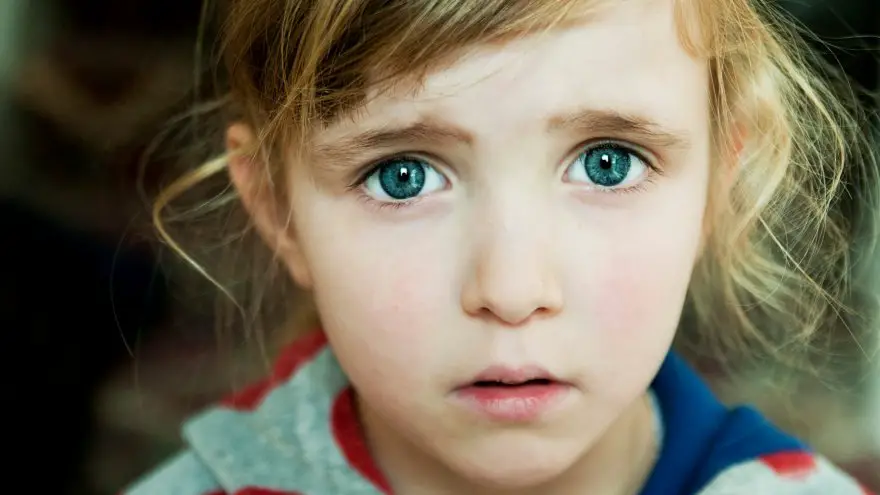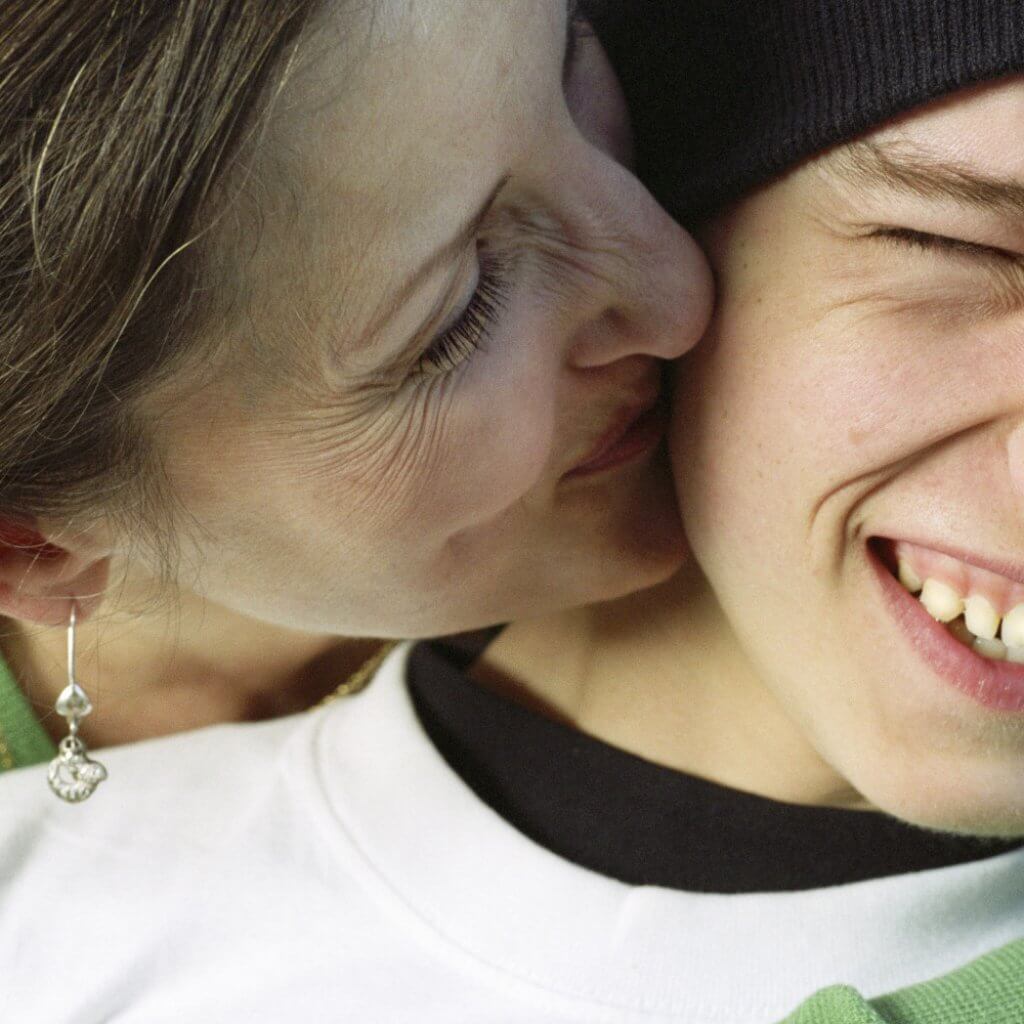How Much of Your Emotions Do Your Kids Sense?

Parenting is hard. Emotions run high. From planning a baby shower to choosing electives in high school, you have over 18 years of emotional highs and lows when it comes to parenting.
We all often wonder how our emotions are affecting our children. Do they sense when we are stress? Do they recognize that we are angry?
It is important to know that children can sense our emotions at all stages of their life. From the womb to high school graduation. How we react to our emotions and how we present them to others in our surrounding directly affects how our children learn to manage their own emotions.
9 months in the womb

Did you know that your emotional state will directly affect your unborn baby? Your negative thoughts and stress responses can directly affect your baby’s brain development. Whereas, positive emotional states during pregnancy have also been shown to increase the mental health of your baby.
Studies have confirmed that the chemicals that are released in your body when you are pregnant are carried into your womb and can affect your unborn baby.
Practice positive emotions, keeping calming thoughts, and nurturing your center of balance and happiness. These positive emotions will directly affect your unborn baby and help them obtain a peaceful frame of mind as they grow.
Infant to Baby: 0 to 2
From the minute your baby is born, you will have an instant connection with her. Whether you realize it or not, babies can pick up on your body’s responses and your emotional state as soon as she is in your arms. If you are having negative emotions, she will begin to feel your negative emotions in her own body.
Studies show that babies will mimic the moods and emotions of their parents. That they can understand the difference between a sad face and a happy one.
Are you feeling stressed out? Panicked? Have a lot on your mind?
Do not find it surprising if your little one seems needier, wants more attention, and is crying more.
When you’re in a peaceful state and relaxed, see how your baby is feeling. You may find that she will also be calm and happy.
Babies sense our emotions, see our facial expressions, and hear our voice. Practice being mindful of your emotional state and recognize how your baby may be reacting differently depending on your mood.
Preschool years: ages 3 – 6
As your child’s cognitive development begins to blossom, your emotional state will affect your child. It is your decision on how your behaviors and reactions will affect your children. When you become frustrated, angry, and lose self-control you are helping shape your child’s emotional understanding and how to manage emotions.
As you begin the recognize your negative emotions and keep them in check, you are modeling emotional behavior management and increasing your child’s odds of learning to understand and manage their emotions too.
During your child’s preschool years, it is important to teach about emotions. Help them learn the names of different feelings and open the lines of communication with your children.
Your preschooler will benefit from being given the opportunity to play, experiment, and begin to understand social interactions. The more you let your child experience play, the child’s form of work, the stronger emotionally the will become.
Your preschooler’s play will help develop their social skills, cope with and express feelings, learn self-control over their surroundings, and begin to learn decision making skills.
Elementary School: ages 6 – 11
Elementary school for children can be exciting, overwhelming, and exhausting. As you are learning to navigate as a parent and recognizing your emotions and how they are affecting your child, be mindful of keeping your reactions in check. Your child is experiencing new things and new personalities every day.
As your child is beginning to learn how to express emotions and play well with others, continue to be aware of your emotions and reactions to your child.
If your child does something wrong, has trouble practicing self-control, or is acting negatively, stop for a moment. Think about your reaction. The way you react is directly affecting the way your elementary school child is seeing managing and understanding emotions.
When you react by punishing your child for their emotional display you are showing your child that they have very little control over how they feel.
As you keep your negative emotions grounded, both you and your children will be given the opportunity to solve the problem and shift your attention to conflict resolution versus reaction.
Tweens and Teens
 Teen years are difficult for your children. They are feeling moody, angry, and anxious. They want to find their own path and still continue to please their parents. It can feel overwhelming and unmanageable. As your child is experiencing their own new emotions, it is important to keep yours in check.
Teen years are difficult for your children. They are feeling moody, angry, and anxious. They want to find their own path and still continue to please their parents. It can feel overwhelming and unmanageable. As your child is experiencing their own new emotions, it is important to keep yours in check.
You may become frustrated at your teen for his behavior, you may begin to feel angry and upset. When this happens, how you react can play an important role in your teen’s emotional development.
If you are responding to your teens outburst or poor behavior and expressing that they are driving you crazy or making you angry, you are giving your teen emotional control over you. As you are associating your teen’s behavior with yours you are empowering your teen in an unhealthy way. You have given your teen control over your emotions.
Maintaining emotional distance during your son’s teen years can be a very tough feat. It is smart to take care of yourself and your emotional wellbeing.
As you continue to show restraint and avoid having your emotions reflect negatively on your teen, you are opening up the doors to allow your teen to more comfortably communicate their new and overwhelming emotions with you.
Parenting is a profoundly intense situation. Emotions child express from birth to teen years is directly affected by the way you handle emotions toward them, around them, and in sight of them. Children at all ages learn to read our emotional states, understand social cues for responses to events, and will easily internalize our emotional state as a direct reflection of who they are as a person.
As you continue on this journey of parenting, practice self-control, personal care, and expressing your emotions in a conscious manner. Tune into your feelings, be aware of what is driving your stress, anxiety, and overwhelm.
Be aware of how you are presenting this to the people around you. Your children will easily internalize your negative emotions as a direct response to whatever it was they were doing at the time.
We know as parents it is not automatically our children’s fault. That they are not the cause of our negative emotions and behaviors, however, they do not.
Be mindful of your emotions and seek out support from friends, family, or professionals if you find that your emotions are leading your behavior instead of you leading your emotions.
By: Dawn R.






